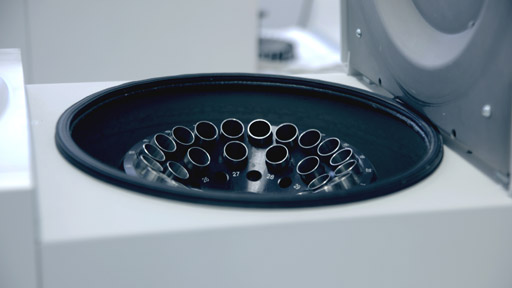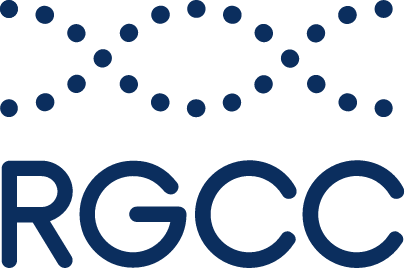Activating p53 protein improves cancer-killing potential

Activating protein p53 can boost a patient’s immune response against cancerous tumours, researchers at Sweden’s Karolinska Institutet have discovered. Using a commercially available substance known as ALRN-6924, the team successfully generated an anti-tumour immune response. The finding improves our understanding of the crucial role p53 plays in tumour development. In the future, it could help scientists to develop new and more targeted immunotherapies for cancer patients.
The p53 protein is known to scientists as the “guardian of the genome”, suppressing the growth of several inherited viruses. Scientists have now demonstrated that the p53 protein can also activate these sequences in cancer cells, leading to an anti-tumour immune response. However, in some cancers, p53 is inhibited by another protein known as MDM2.
“When we blocked the suppressor MDM2, p53 activated endogenous retroviruses which induced antiviral response and boosted the production of immune-activating interferons,” says Galina Selivanova, lead investigator and Professor at the Department of Microbiology, Tumor and Cell Biology, Karolinska Institutet. “This was an astonishing discovery.”
Researchers blocked MDM2 in mice during the study using a commercially available and safe substance known as ALRN-6924. The team identified an increase in interferon response, demonstrating that the immune system acted against cancerous cells.
The findings, published in Cancer Discovery, are exciting, offer massive potential for new treatments, says Selivanova. “There are synergies that should be exploited between substances that block MDM2 and modern immunotherapies,” she believes.
Combination immunotherapies are an emerging and exciting cancer treatment that combines several existing treatments. The strategy of combining therapies is valuable for those with complex cancers that don’t respond to immunotherapy drugs or become resistant to them. “A combination of these can be particularly important for patients who don’t respond to immunotherapy,” says Selivanova.
As well as providing a novel new approach for clinical trials and cancer treatment, the researchers believe that the presence of interferons could act as a biomarker. Such a biomarker could provide evidence of whether a treatment will be successful or not. “If we can increase the level of interferons, we can therefore increase the chances that the immunotherapy will succeed,” Selivanova states.
The new research provides yet more evidence for the potential for combination immunotherapies. RGCC scientists, including founder Dr Ioannis Papasotiriou, are heavily involved in cutting-edge research into immunotherapies for treating cancer and establishing the efficacy of natural compounds such as Genistein.
RGCC offers a range of cutting-edge genetic tests that can help clinicians to understand how a patient’s body will respond to treatment. Our Immune-Frame test identifies specific cellular markers that are responsible for activating the immune system.
RGCC’s ChemoSNiP test can identify how a patient’s body will respond to treatment for cancer by identifying DNA sequences called single nucleotide polymorphisms. The information can help clinicians develop the most effective combination of cancer treatments and therapies.
You can read the full paper, Pharmacological activation of p53 triggers viral mimicry response thereby abolishing tumor immune evasion and promoting anti-tumor immunity, here.

